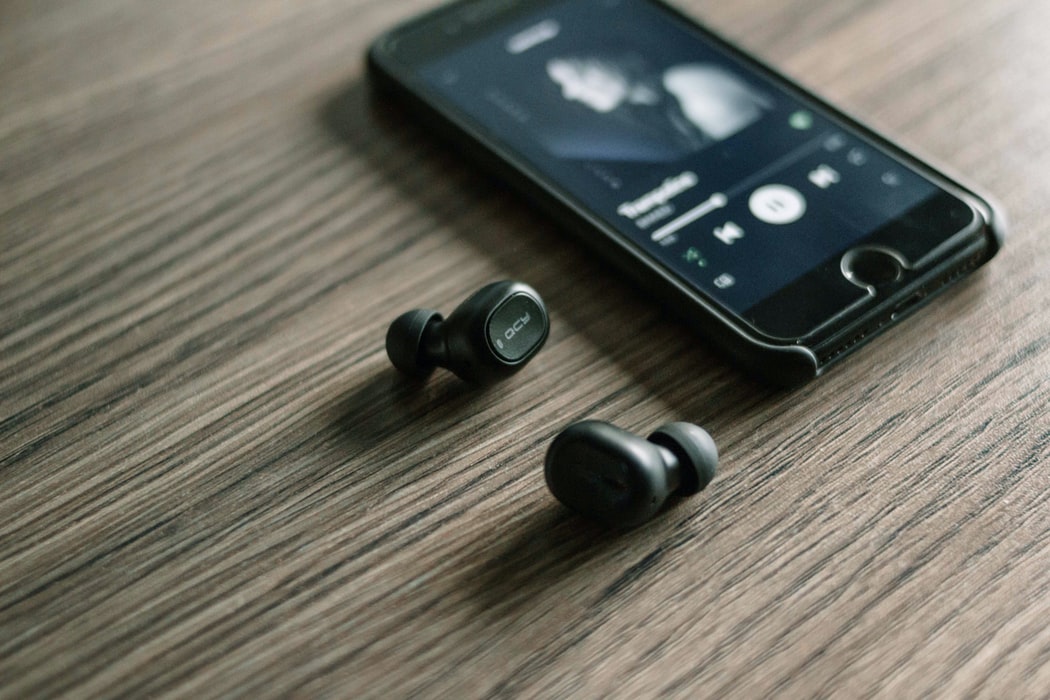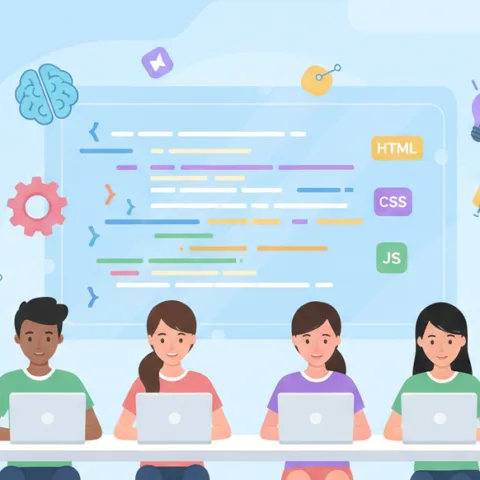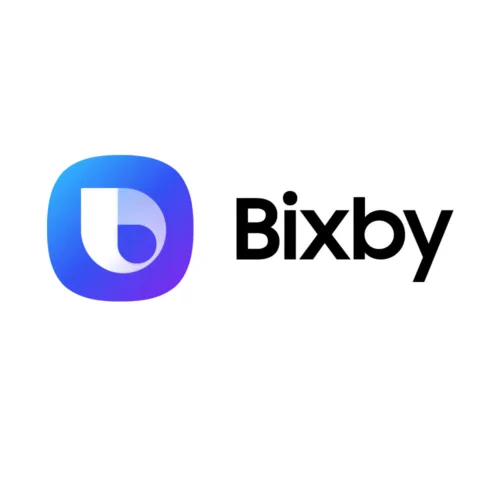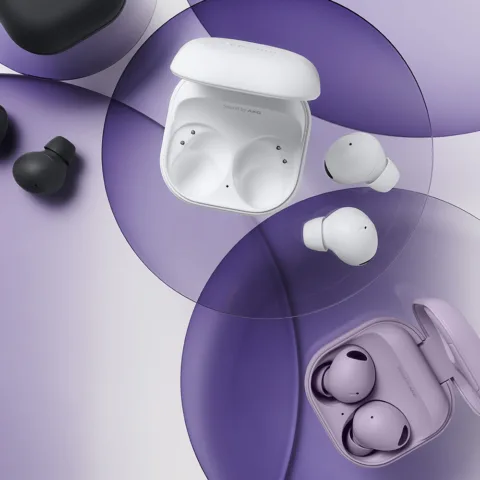 Piracy remains a sensitive issue for music labels. Efforts to curb piracy on the national level in Indonesia remains in full steam, with the Ministry of Communication and Informatics blocking 20 illegal mp3 download sites end of May 2012. I tried some of the addresses announced in the article and sure enough, the sites could not be accessed. This action was the result of a lengthy lobbying process by ASIRI (the Recording Industry Association of Indonesia) to the government, while at the same time they also had active discussions with the Phone Credit Theft Task Force appointed by DPR to alleviate and soften the impact made by the government’s decision to reset all mobile services dependent on subscription charged by SMS.
Piracy remains a sensitive issue for music labels. Efforts to curb piracy on the national level in Indonesia remains in full steam, with the Ministry of Communication and Informatics blocking 20 illegal mp3 download sites end of May 2012. I tried some of the addresses announced in the article and sure enough, the sites could not be accessed. This action was the result of a lengthy lobbying process by ASIRI (the Recording Industry Association of Indonesia) to the government, while at the same time they also had active discussions with the Phone Credit Theft Task Force appointed by DPR to alleviate and soften the impact made by the government’s decision to reset all mobile services dependent on subscription charged by SMS.
The effort to curb the spread of illegal music copies being spread through the internet would not mean a thing if the music industry did not offer something in its place – sure enough, music download stores have been around since 2009 but they have yet to achieve significant user traction and all-important revenue. Illegal downloads are said to be the cause of low user traction, and even before that ASIRI has been lobbying the government to start blocking illegal download sites. Since the latest administration seems intent on blocking pornography sites, the same technology could be used to block these illegal music sites. So it was just the matter of political will. Now, the government seems to want to listen to the plight of the music labels, despite only taking action online and not taking care of the equally damaging pirate CD stores.
Decreasing online music piracy has all to do with increasing the chance of a user, looking for music, arriving (and paying for) a legal alternative. This is where Musiklegal comes in – working closely with the music labels, they host a repository of Indonesian music and have created a distribution platform where companies interested in offering music services for their online business can simply use Musiklegal’s system instead of building their own. The business deals are done direct with the music labels, but once that stage is finished, Musiklegal’s white-label system can be branded according to the partner and music sales can start.
Musiklegal offers a white-label distribution and reporting system, and also offers apps to play music for PC, Blackberry and Android. The special apps are necessary as Musiklegal uses a proprietary DRM system, so songs downloaded from Musiklegal or their “merchants” can only be played on through this app. Considering Musiklegal’s stated mission to simplify music purchasing online and decrease piracy, DRM seems like an obvious choice. They also offer a subscription service which can be paid for with a Musiklegal voucher, but the website is not clear on how to get these vouchers.
A business-to-business approach in offering online music services is an interesting approach, but I’m not sure music downloads is the way to go. Decreasing piracy through regulation is necessary, but trying to control copies of files on an internet which core nature is the almost unlimited duplication of files, is probably a losing battle. I guess the Musiklegal team realizes this as they have opened an app development competition to develop more music apps. This would complement the Social Music Network app they already have on offer. I’m hoping that the apps developed are not simply conduits to download music, but can offer a rich music experience people will eventually pay for.
Musiklegal could become an interesting addition to the new music consumption ecosystem developing, as long as they try not to limit themselves into offering endless branded variations of an MP3 player app. There still is a market for paid music downloads, but Musiklegal (or its “merchants”) need to be willing to explore outside of system parameters like mandatory DRM. The music labels should be willing to explore as well.
 Ario worked in the digital music industry in Indonesia from 2003 to 2010, and recently worked in the movie and TV industry in Vietnam. Keep up with him on Twitter at @barijoe or his blog on http://barijoe.wordpress.com
Ario worked in the digital music industry in Indonesia from 2003 to 2010, and recently worked in the movie and TV industry in Vietnam. Keep up with him on Twitter at @barijoe or his blog on http://barijoe.wordpress.com









musiklegal.com is not accessible. *yawn*
I do think this online music thing is as hard-to-crack as e-commerce (even way harder?). Hopefully there will be more players jump into it and iterate much faster.
Until then, let’s wait and see.
PS:
What if everyone can (re)sell any official audio track? can we crack this problem first (and ultimately bypass itunes era)?
as with everything else online, I think the only way to “crack” it is creating the online portion of music as part of a larger ecosystem of music experiences. Like you, I’m hoping more companies will jump in and attempt to define this probably new ecosystem.
the peer-to-peer sales is an interesting idea, but would still need a proper infrastructure for storage and delivery; at the end of the day people would become affiliate sellers. That’s the only way I can think of so far. So it would still need an iTunes to power it.